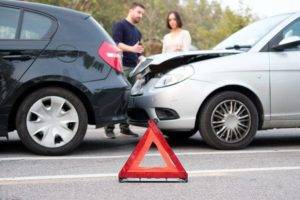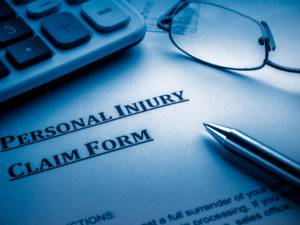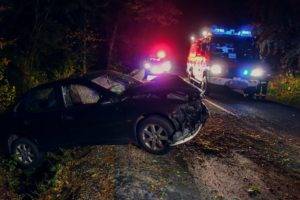 It can happen in an instant.
It can happen in an instant.
You’re sitting at a red light, maybe glancing at the radio, when suddenly — bam! — you’re jolted forward. Rear-end collisions are some of the most common accidents on Florida’s roads, but figuring out who’s at fault isn’t always as simple as it seems.
At Andrew Pickett Law, we help injured victims in Brevard County and throughout Florida understand their rights — and fight for the compensation they deserve after rear-end crashes.
Florida’s “Presumption of Negligence” in Rear-End Accidents
In Florida, there’s a general rule: The driver who rear-ends another vehicle is presumed to be at fault.
That’s because drivers are expected to leave enough space to stop safely, no matter what the car in front does.
Under Florida law, every driver has a duty of care to maintain a safe following distance. If they don’t — whether because of distraction, speeding, or just not paying attention — they are likely negligent.
Need free legal help in Florida?
We specialize in personal injury claims.

When the Rear Driver Isn’t Always at Fault
However, like many things in law, there are exceptions.
Florida courts allow rear drivers to rebut the presumption of negligence by showing evidence that:
- The lead driver made an unexpected or unsafe maneuver (like slamming on the brakes for no reason),
- The lead driver had malfunctioning brake lights,
- Or other circumstances made it impossible to avoid the collision.
A good example is if a driver suddenly pulls out of a hidden driveway without warning. In that case, the rear driver might not be fully at fault — or might share blame with the lead driver.
Florida’s Comparative Negligence Rule
Florida recently updated its rules on negligence.
Under the modified comparative negligence system (as of 2023), if you’re found more than 50% at fault, you cannot recover damages. But if you’re 50% or less at fault, you can still recover, reduced by your percentage of blame.
For example:
If you’re awarded $100,000 but found 20% responsible, your recovery would be reduced to $80,000.
Real-World Example: A Melbourne Story
Take Jason, for example.
He was stopped at a red light on Eau Gallie Boulevard when a pickup truck slammed into his sedan.
The other driver claimed Jason “stopped too suddenly.” But evidence — dashcam footage, eyewitness statements, and skid marks — showed the truck driver was speeding and distracted.
Thanks to a strong case, Jason recovered full damages for his injuries, medical bills, and lost income.
Need free legal help in Florida?
We specialize in personal injury claims.

What to Do After a Rear-End Collision in Florida
If you’re rear-ended in Florida, your actions immediately after the accident can make or break your case.
Here’s what you should do:
- Call 911 and make sure a police report is filed.
- Seek medical attention, even if you feel okay. (Florida’s PIP insurance requires treatment within 14 days to cover your bills.)
- Document everything — take photos, get witness contact information, and note any unusual circumstances (like no brake lights).
- Contact an experienced personal injury attorney before dealing with insurance companies.
How Andrew Pickett Law Can Help
Insurance companies often try to minimize rear-end accident claims, arguing that your injuries aren’t severe or that you were partly at fault.
At Andrew Pickett Law, we know how to gather the right evidence — accident reports, black box data, surveillance footage — to prove negligence and fight for full compensation.
We work on a contingency fee basis, which means you pay nothing unless we win for you.
Need free legal help in Florida?
We specialize in personal injury claims.






